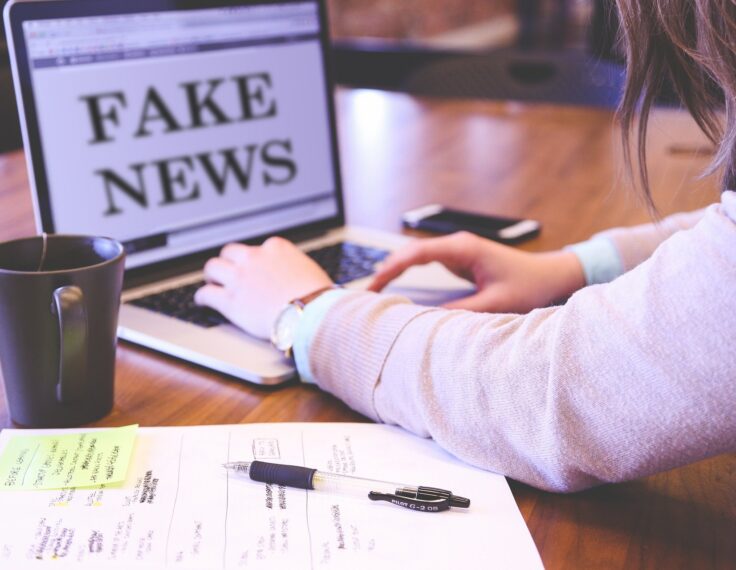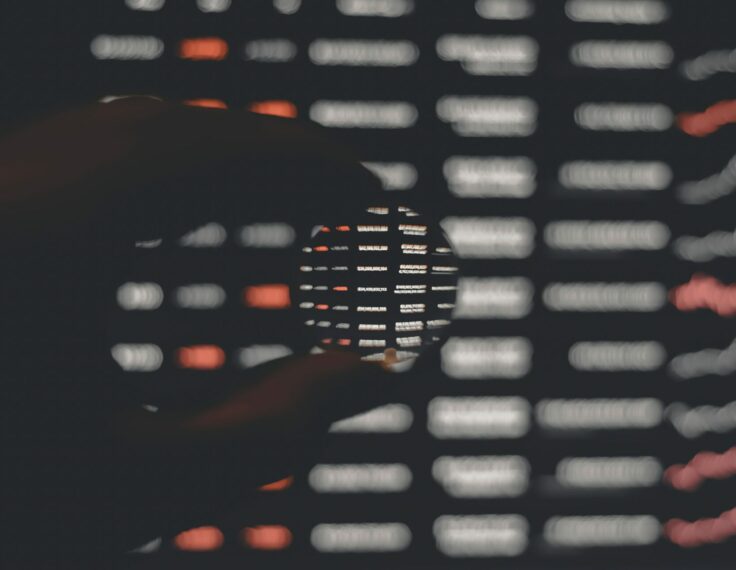Explore All Articles
All Articles
Article Topic

Increasing accuracy motivations using moral reframing does not reduce Republicans’ belief in false news
Michael Stagnaro, Sophia Pink, David G. Rand and Robb Willer
In a pre-registered survey experiment with 2,009 conservative Republicans, we evaluated an intervention that framed accurate perceptions of information as consistent with a conservative political identity and conservative values (e.g., patriotism, respect for tradition, and religious purity). The intervention caused participants to report placing greater value on accuracy, and placing greater value on accuracy was correlated with successfully rating true headlines as more accurate than false headlines.

Older Americans are more vulnerable to prior exposure effects in news evaluation
Benjamin A. Lyons
Older news users may be especially vulnerable to prior exposure effects, whereby news comes to be seen as more accurate over multiple viewings. I test this in re-analyses of three two-wave, nationally representative surveys in the United States (N = 8,730) in which respondents rated a series of mainstream, hyperpartisan, and false political headlines (139,082 observations).

Examining accuracy-prompt efficacy in combination with using colored borders to differentiate news and social content online
Venya Bhardwaj, Cameron Martel and David G. Rand
Recent evidence suggests that prompting users to consider the accuracy of online posts increases the quality of news they share on social media. Here we examine how accuracy prompts affect user behavior in a more realistic context, and whether their effect can be enhanced by using colored borders to differentiate news from social content.

Cognitive reflection is associated with greater truth discernment for COVID-19 headlines, less trust but greater use of formal information sources, and greater willingness to pay for masks among social media users in Pakistan
Ayesha Ali and Ihsan Ayyub Qazi
We evaluated the relationship between individual differences in cognitive reflection and the ability to discern between true and false COVID-19 information, trust in information sources for receiving COVID-19 information and willingness to pay (WTP) for masks, using a sample of 621 low- and middle-income users in Pakistan.

Who is afraid of fake news? Modeling risk perceptions of misinformation in 142 countries
Aleksi Knuutila, Lisa-Maria Neudert and Philip N. Howard
Using survey data from 154,195 respondents in 142 countries, we investigate internet user perceptions of the risks associated with being exposed to misinformation. We find that: 1) The majority of regular internet users globally (58.5%) worry about misinformation, and young and low-income groups are most likely to be concerned. 2) Risk perception among internet users varies starkly across regions whereby concern is highest in Latin America and the Caribbean (74.2%), and lowest in South Asia (31.2%). 3)

Research note: Fighting misinformation or fighting for information?
Alberto Acerbi, Sacha Altay and Hugo Mercier
A wealth of interventions have been devised to reduce belief in fake news or the tendency to share such news. By contrast, interventions aimed at increasing trust in reliable news sources have received less attention. In this article, we show that, given the very limited prevalence of misinformation (including fake news), interventions aimed at reducing acceptance or spread of such news are bound to have very small effects on the overall quality of the information environment, especially compared to interventions aimed at increasing trust in reliable news sources.

Digital literacy is associated with more discerning accuracy judgments but not sharing intentions
Nathaniel Sirlin, Ziv Epstein, Antonio A. Arechar and David G. Rand
It has been widely argued that social media users with low digital literacy—who lack fluency with basic technological concepts related to the internet—are more likely to fall for online misinformation, but surprisingly little research has examined this association empirically. In a large survey experiment involving true and false news posts about politics and COVID-19, we found that digital literacy is indeed an important predictor of the ability to tell truth from falsehood when judging headline accuracy.

Review of social science research on the impact of countermeasures against influence operations
Laura Courchesne, Julia Ilhardt and Jacob N. Shapiro
Despite ongoing discussion of the need for increased regulation and oversight of social media, as well as debate over the extent to which the platforms themselves should be responsible for containing misinformation, there is little consensus on which interventions work to address the problem of influence operations and disinformation campaigns.

Research note: Examining potential bias in large-scale censored data
Jennifer Allen, Markus Mobius, David M. Rothschild and Duncan J. Watts
We examine potential bias in Facebook’s 10-trillion cell URLs dataset, consisting of URLs shared on its platform and their engagement metrics. Despite the unprecedented size of the dataset, it was altered to protect user privacy in two ways: 1) by adding differentially private noise to engagement counts, and 2) by censoring the data with a 100-public-share threshold for a URL’s inclusion.
